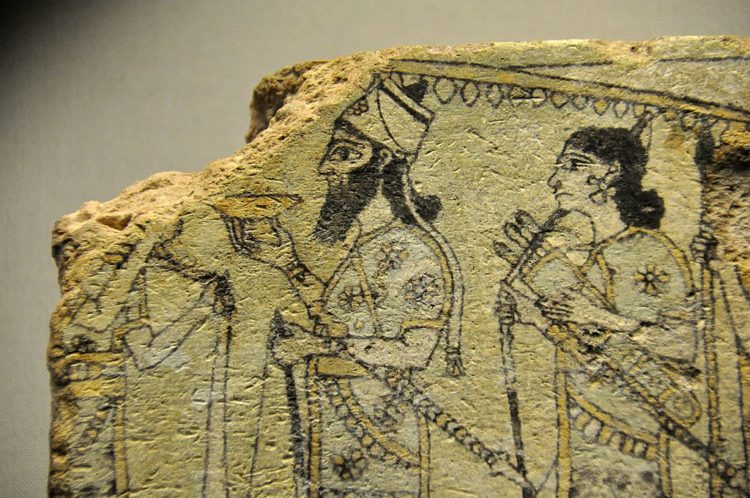Original archaeological sites that hold significant historical value to the autonomous Kurdistan region have just been given a significant grant from the United Kingdom’s Cultural Protection Fund. The sites date back nearly 10,000 years, and the funding provided will assist with the documentation and damage accountability that has resulted from the recent conflict with the Islamic State.
Mesopotamian artifacts and ancient bits of architecture have become at risk considering the extreme conditions of the conflict. The individual sites have already suffered significant amounts of damage during the Iran-Iraq War as well as under Saddam Hussein’s transgressions against Kurdistan. The Islamic State has only added to the equation and in some cases has seriously destroyed irreplaceable artifacts. The grant will allow the Glasgow University team to monitor and document any damage or status shifts in the sites through the use of aerial imaging as well as satellite imaging. The team will train Kurdish archaeologists during the process and lecture at local schools to raise awareness for cultural heritage.
Glasgow University team lead Claudia Glatz has stated that, “Our project is unique in Iraq and the Middle East in its approach to cultural heritage protection. We combine research-led archaeological practice as part of the ongoing survey and excavations of the Sirwan Regional Project with knowledge-exchange, capacity building in both practical skills and the social and political implications of interpretation and cultural narrative, and the creation of inclusive museum and community-driven educational resources.”
The plan was announced by the British government’s Heritage Minister Michael Ellis in last week. During a press release, Minister Ellis said that, “These sites tell the story of human history and show how our early ancestors first farmed and cultivated food. Their protection is therefore not only important to Kurdistan, but to all of humankind. This project is just one example of how our Cultural Protection Fund is providing essential support to countries where internationally important heritage has been damaged or threatened by war, conflict, and terrorism. Tragically we have seen some of the world’s greatest cultural treasures destroyed in recent years. It is important, and right, that we share our expertise and support communities around the world to help preserve art, culture, and heritage of global significance.”
Already have an account? Sign In
Two ways to continue to read this article.
Subscribe
$1.99
every 4 weeks
- Unlimited access to all articles
- Support independent journalism
- Ad-free reading experience
Subscribe Now
Recurring Monthly. Cancel Anytime.











COMMENTS